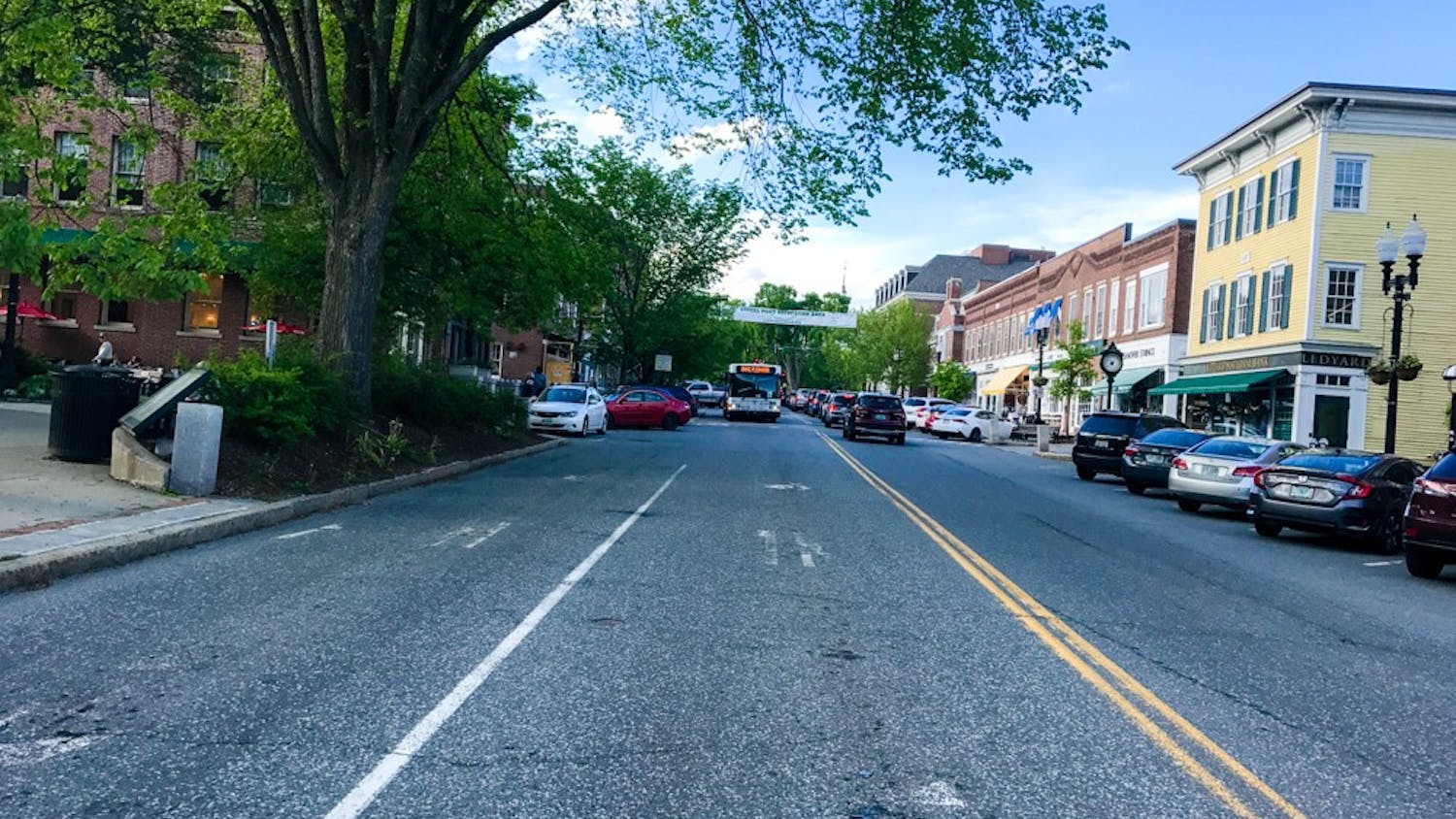Dartmouth, the largest property owner in the town of Hanover, has appealed to the Grafton Superior Court seeking a tax refund from the town that totals more than $500,000, according to Hanover town manager Julia Griffin. The College’s tax bill increased following the town’s reassessment of property values in 2018.
College spokesperson Diana Lawrence wrote in an email to The Dartmouth that the College applied for the abatement of taxes in 38 out of its 122 “taxable parcels” located in Hanover. The properties being appealed are those managed by the endowment fund, which provides financial support to the College, according to Hanover assessment director Dave McMullen.
The majority of the properties are used for graduate student housing — such as the North Park apartments — and commercial space, as well as single- and multi-family rentals, and were assessed by the town at $86.8 million in 2018. However, Dartmouth’s own assessment of the properties’ value was $51.6 million, $35.2 million less than the town’s assessment.
Griffin said that the town received over 350 appeals following the 2018 tax reassessment, some commercial and some residential. She added that this kind of response “isn’t uncommon” in New Hampshire, and that there is often pushback from town residents following property reassessment.
In August, 66 Hanover property owners petitioned the New Hampshire Board of Tax and Land Appeals to order the town to redo its 2018 property assessments. According to McMullen, in the past year, following the release of the 2018 property reassessments, abatements that have been granted have decreased the reassessed value of Hanover properties by $35 million.
However, Griffin said that the fact that other abatements have been granted will have no impact on Dartmouth’s appeal, as the College submitted their appeal in the spring — before these abatements were granted.
Griffin said that the Dartmouth real estate office “simply disagrees” with the town assessor’s assessed values. She added that the town will be requesting certified appraisals of the properties in question from the College’s real estate office so that the town assessors can evaluate the “validity” of the College’s claims.
Lawrence wrote that the College initially filed an abatement applications regarding these differences on Feb. 27 of this year, giving the town of Hanover until the statutory deadline of July 1 to respond to the College’s applications.
“By state law, the fact that the town did not respond by July 1st constitutes a denial of the College’s applications,” Lawrence wrote.
Lawrence wrote that Dartmouth had to file an appeal by Sept. 1 in order to maintain its rights. She added that the timing of the College’s appeal was “statute-driven” and anticipated by the town.
McMullen confirmed that the town missed this deadline, writing in an email to The Dartmouth that the reason for this delay was that the town ran out of time to act on the appeal.
Lawrence wrote that Dartmouth does, and will continue to, pay its approximately $8-million real estate tax to Hanover while the appeals process continues.
When asked about the reason for the increase in assessed value of these properties, McMullen wrote that it is a New Hampshire constitutional requirement to update property values at least every five years. He attributed the increase to changes in value since 2013, when the properties were last assessed.
Griffin added that the town saw a “significant shift” in values — specifically of in-town residential properties — as a result of the increased popularity of in-town homes.
McMullen wrote that the town uses a “combination of both the Sales Approach and Cost Approach” in order to assess the value of properties.
On the Hanover town website, the sales approach is described as the comparing of a property to others that have been recently sold, taking into account the possibility of over- and under-pricing the sold properties. Additionally, the website describes the cost approach as the estimated amount it would take to replace a property with a similar one at the current material and labor costs.
Griffin said that the town’s assessment process will not change, since it is “defined by statute.” She added that property owners retain the ability to appeal the town’s assessed values by “pinpointing inaccuracies in their property record cards or providing evidence of comparables that point to a value that differs from that assigned by the assessor.”
She said that it is too early to determine whether the town will grant the College a tax refund, as the College still needs to provide the town with “more detailed and compelling” data explaining the values they have assessed their properties to be.
According to Griffin, the town assessor will conduct a “full measure and list visits” to the properties in question, along with properties in the vicinity. Then, both parties will submit their findings to a mediator.




